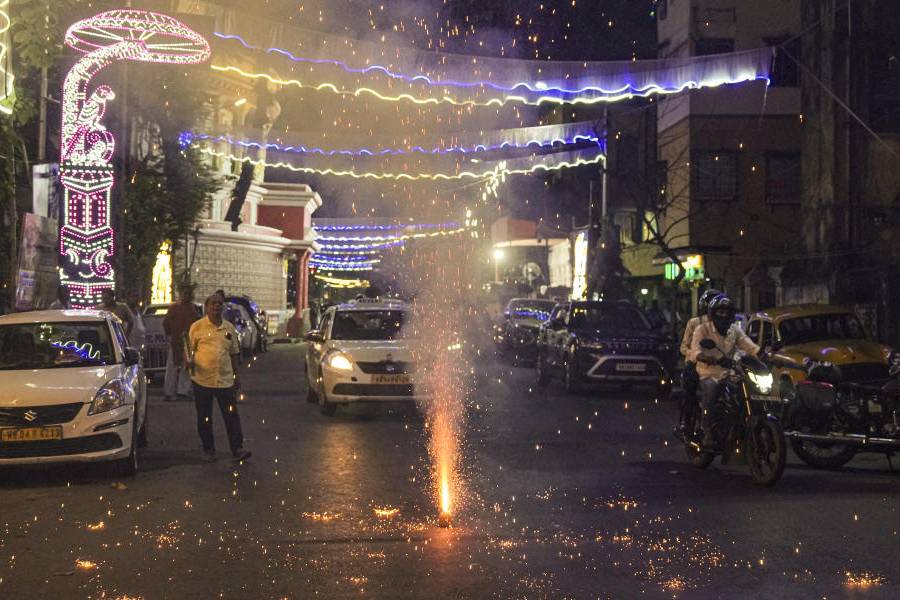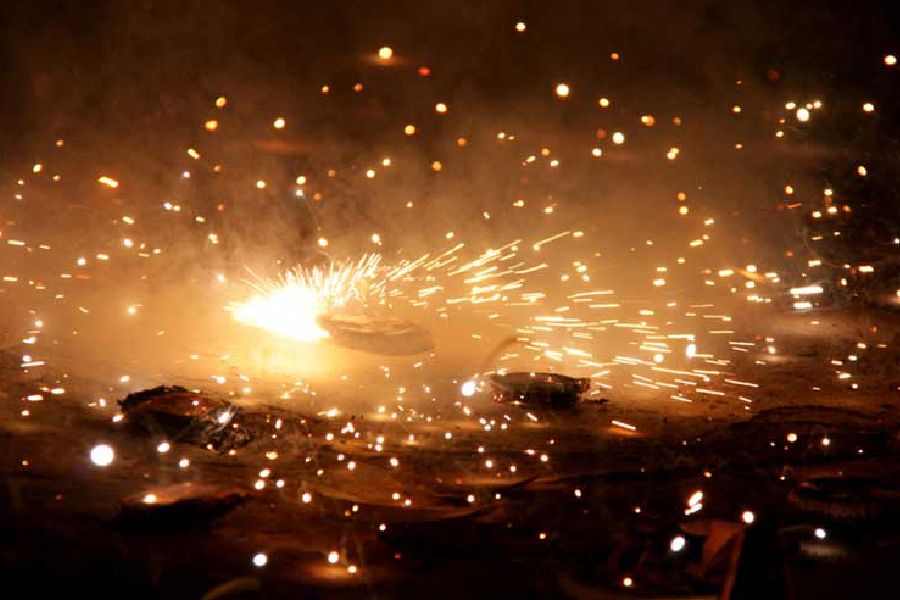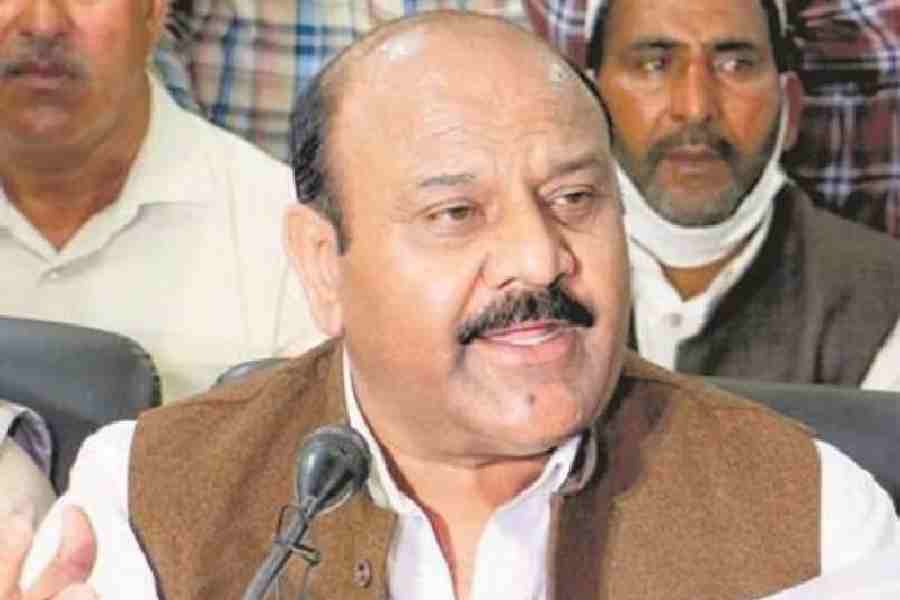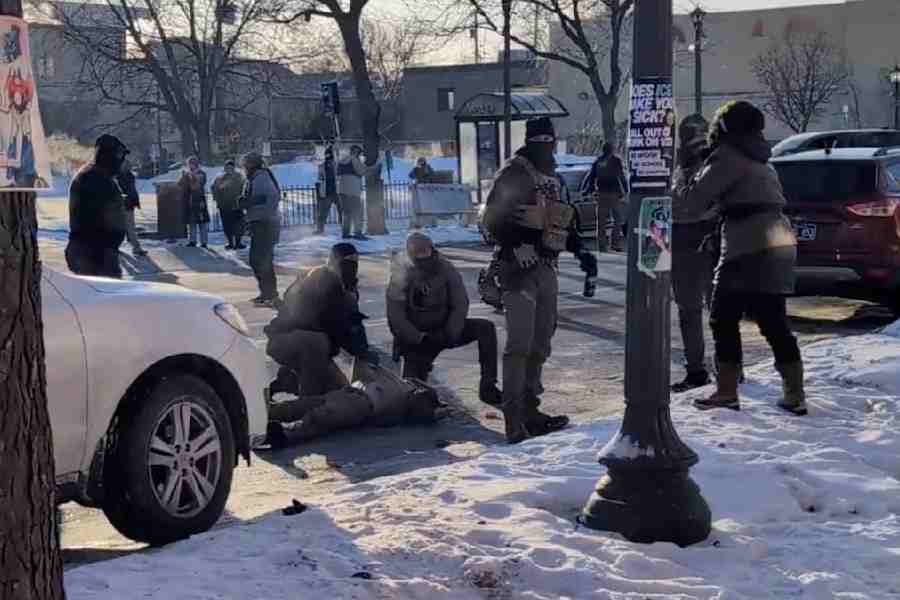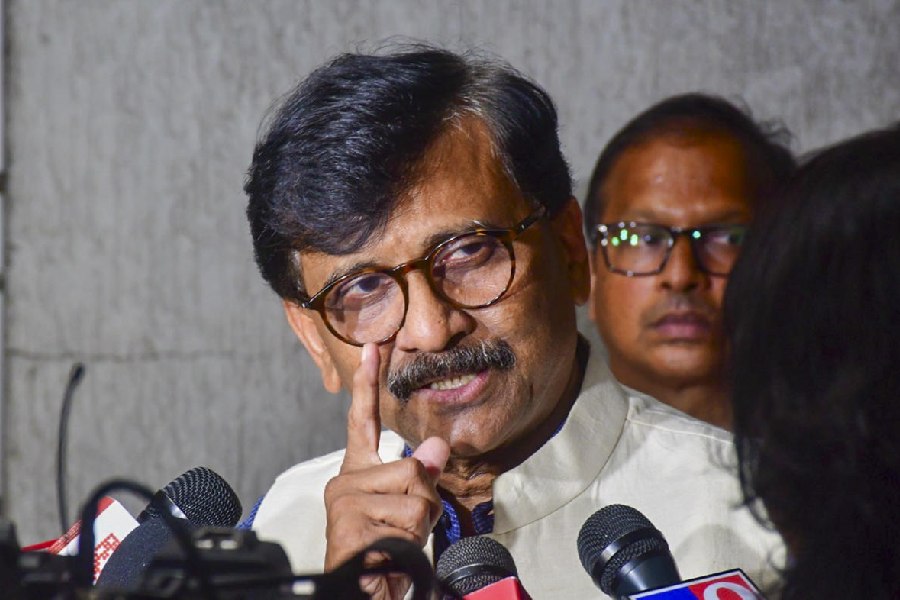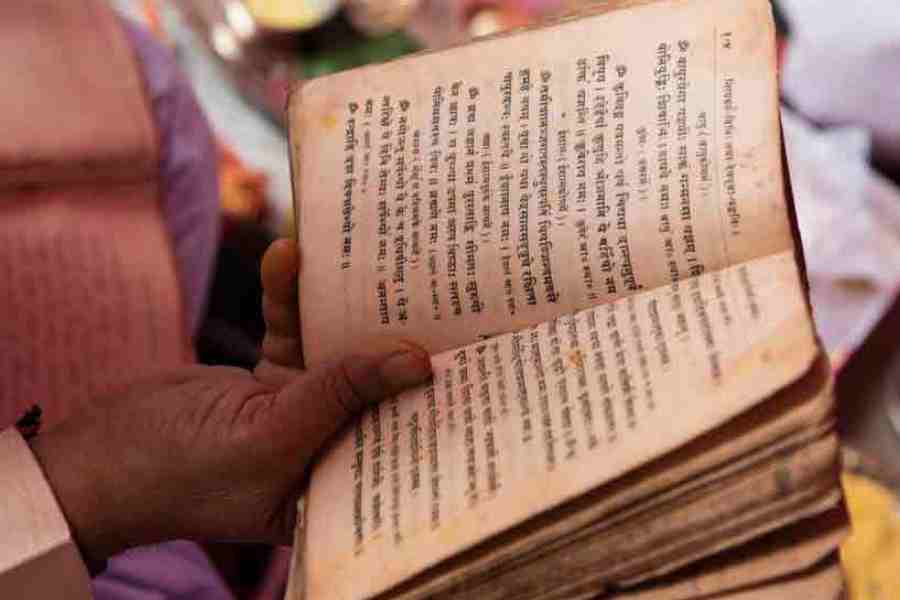Hospitals across Kolkata have reported a significant rise in respiratory illnesses among people and complications among pregnant women and IVF patients after Diwali and Kali Puja celebrations, with doctors attributing the surge to heightened air and noise pollution caused by bursting of firecrackers.
Pulmonologists and gynaecologists observed an uptick in both outpatient and inpatient visits between October 20 and 22, with pollution levels soaring well beyond safe limits.
Several medical professionals warned of serious health risks for vulnerable groups, including those with pre-existing respiratory conditions and expecting mothers.
Dr Mrinmoy Mitra, senior consultant pulmonologist at ILS Hospital, Dumdum, reported a 10-15 per cent increase in hospital admissions for respiratory illnesses and a 20 per cent rise in OPD visits during the festive period.
"Most patients came in with aggravated asthma, AECOPD, chest tightness, wheezing, and nasal blockage. Diwali smoke and firecracker emissions create a hazardous environment, especially for those with chronic lung diseases," Dr Mitra noted.
Echoing him, Dr Soumya Sengupta, senior consultant pulmonologist at Techno India DAMA Hospital, said that in just three days, over 40 patients sought treatment for asthma and COPD exacerbation, up from the usual 10 to 15 patients.
"Toxic gases like sulphur dioxide and ethyl-benzene from firecrackers severely compromise air quality. Throat irritation, sneezing, and shortness of breath were common symptoms," he said.
At Manipal Hospitals, OPD cases rose by nearly 25 per cent, while inpatient admissions increased by around 5-10 per cent, Dr Debraj Jash, Head of Pulmonology Department, told PTI.
"There has been a noticeable increase in cases when compared to the period before Kali Puja and Diwali. The inpatient numbers have gone up by around 5-10 per cent, while the outpatient cases have risen by nearly 20-25 per cent," he said.
Most of the affected patients had pre-existing respiratory illnesses such as asthma, COPD, or interstitial lung disease (ILD). Children accounted for a large portion of the OPD cases, while hospitalised patients were primarily elderly individuals or those with chronic conditions, he said.
Dr Sourav Bhuin, consultant at Abha Surgy Centre, highlighted a 15-20 per cent spike in health complaints among pregnant and IVF patients following Diwali.
"We saw an increased number of cases of respiratory distress, hypertensive episodes, sleep disturbances, and even signs of preterm labour. The high levels of PM2.5 and PM10 can penetrate deep into the lungs and may cross the placental barrier, posing a threat to both mother and foetus. Loud firecrackers also led to anxiety and insomnia, further complicating pregnancy outcomes," Dr Bhuin said.
However, other hospitals observed a more cautious trend among pregnant women.
According to Dr Debraj Jash, the number of respiratory complications in expectant mothers remained low.
"Pregnant women generally take extra precautions to avoid exposure, so we didn't see a major rise in such cases," he said.
The medical professionals unanimously urged citizens and authorities to adopt safer, quieter, and more environmentally friendly celebration practices.
"Firecracker restrictions must be enforced more strictly, and public awareness campaigns are essential to prevent post-festival health crises," said Dr Mitra of ILS Hospital, Dumdum.
"People with respiratory conditions should wear N95 masks, avoid outdoor exposure during peak pollution hours, and stay on prescribed medications," he said.
For pregnant women, Dr Bhuin recommended staying indoors during peak firecracker-bursting period, using air purifiers, and seeking immediate medical attention if symptoms like dizziness or breathlessness occur.
With Kolkata's Air Quality Index (AQI) exceeding 200 in multiple areas post-Diwali, healthcare providers have reiterated that protecting public health, particularly of vulnerable groups, must be prioritised alongside festive traditions.
Except for the headline, this story has not been edited by The Telegraph Online staff and has been published from a syndicated feed.

